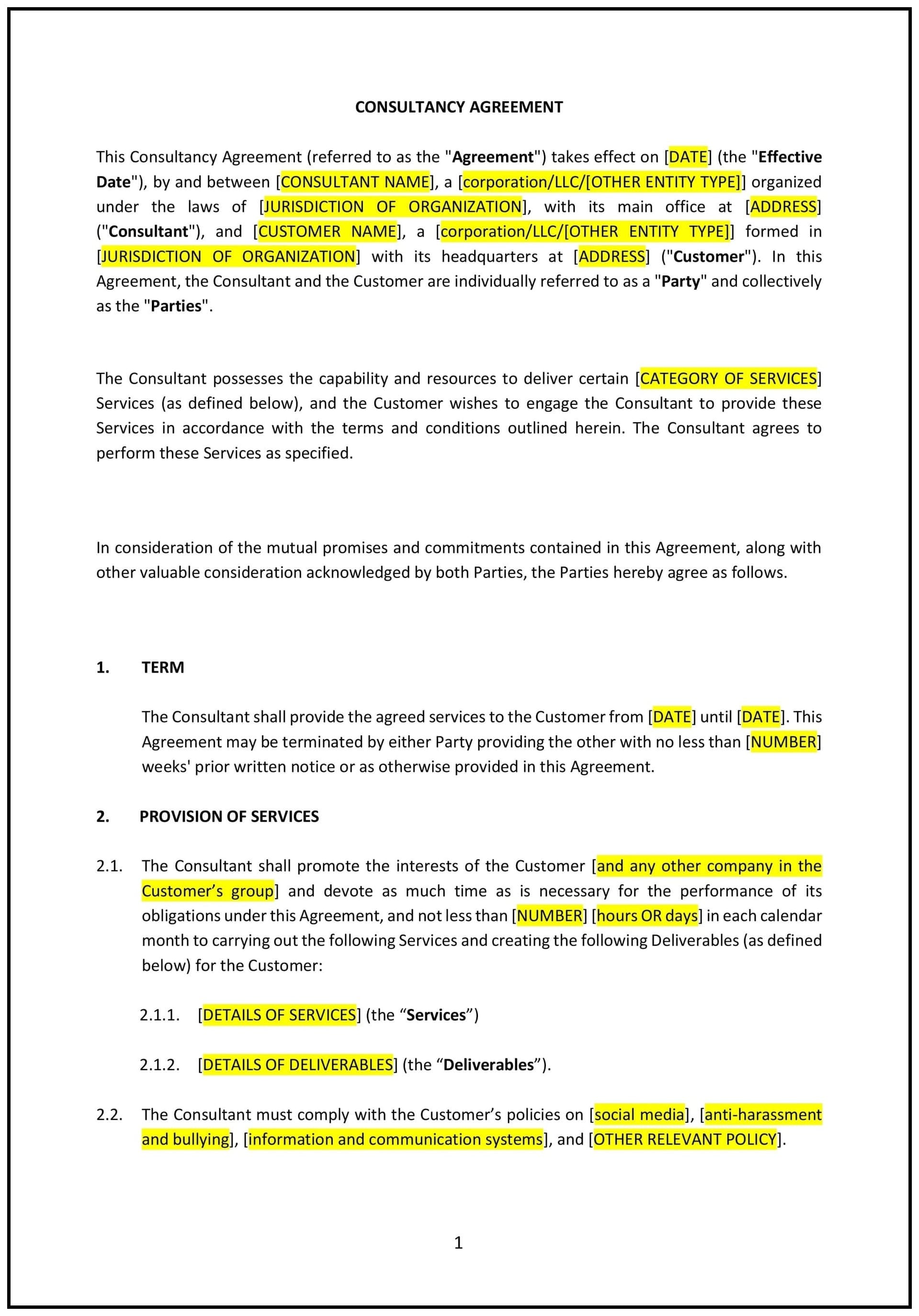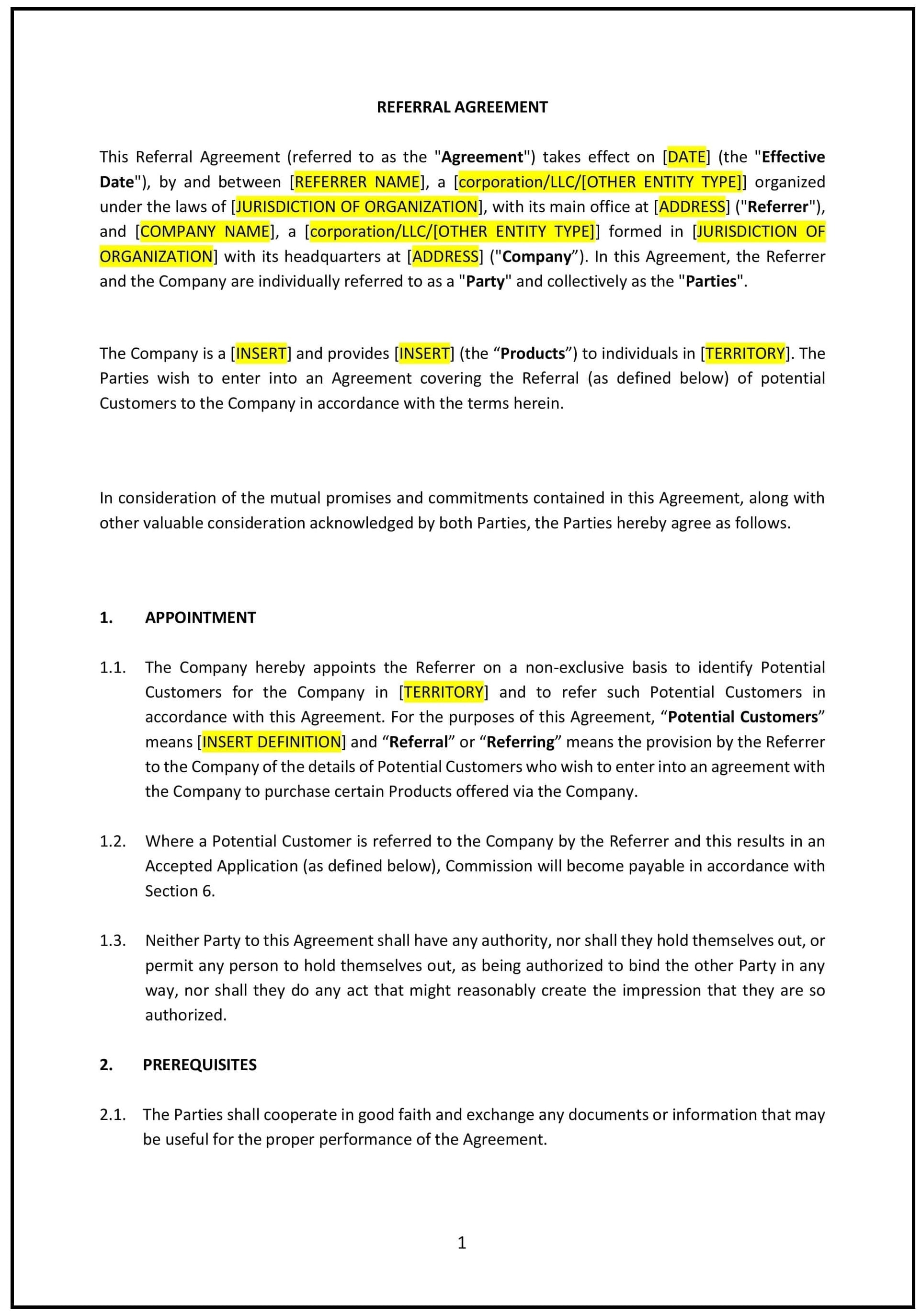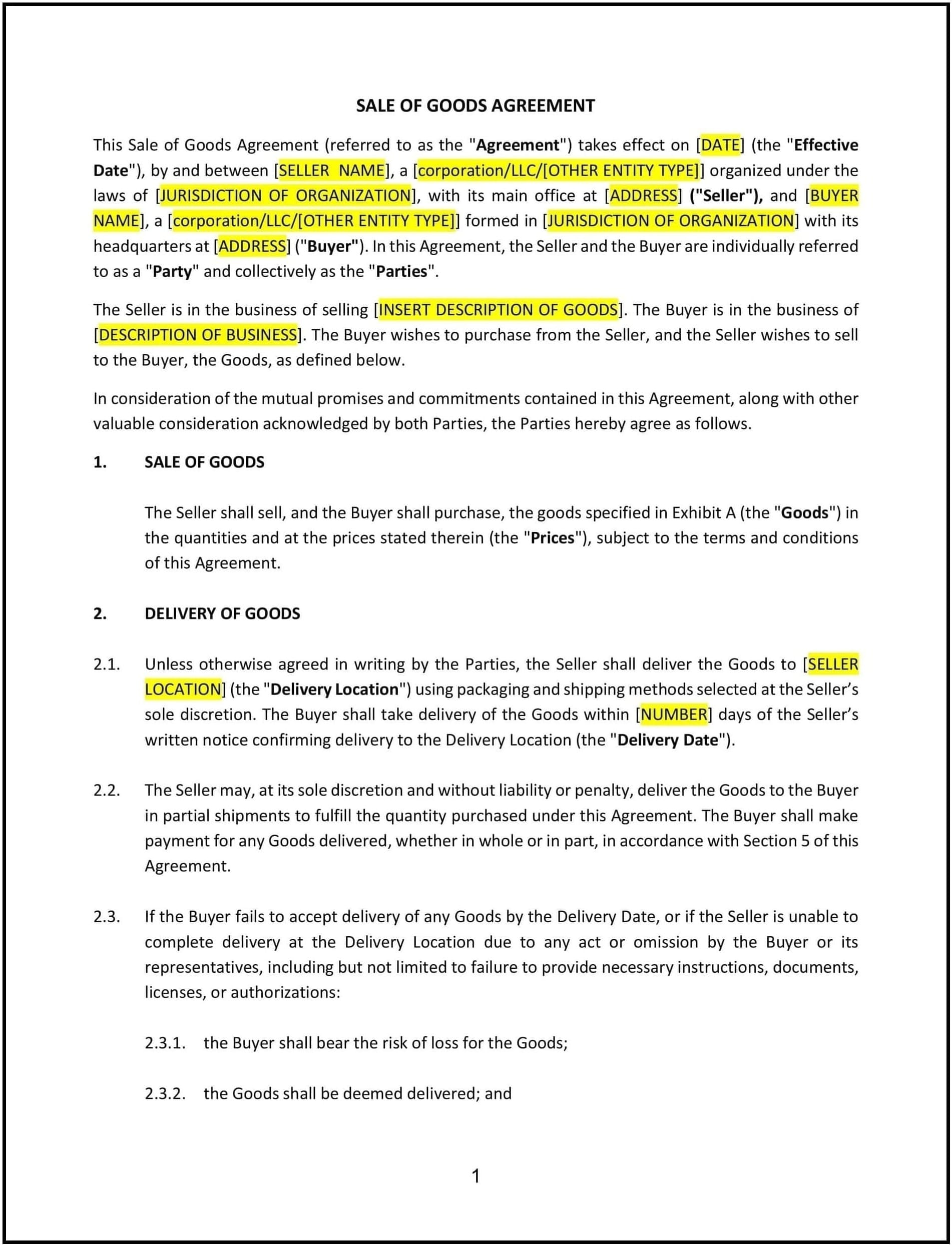Intellectual Property Assignment Agreement (Maine): Free template
Intellectual Property Assignment Agreement (Maine)
An Intellectual Property Assignment Agreement is a legal document that transfers ownership of intellectual property (IP) rights from one party (the Assignor) to another (the Assignee). In Maine, these agreements are governed by state contract laws and must align with federal intellectual property statutes. It is crucial for businesses and individuals to clearly outline the scope of the assignment, ensure proper consideration, and meet Maine’s legal standards.
For example, a Portland-based software company might assign its proprietary algorithms to a Bangor-based tech firm as part of a partnership agreement. A well-drafted Intellectual Property Assignment Agreement clarifies ownership transfer, timelines, and adherence to Maine’s requirements.
Tips for drafting and maintaining an Intellectual Property Assignment Agreement in Maine
- Identify the parties involved: Clearly specify the names, addresses, and roles of the Assignor (current owner) and Assignee (new owner) of the intellectual property.
- Example: “The Assignor, [Name/Company], located at [Address], hereby assigns all rights, title, and interest in the intellectual property to the Assignee, [Name/Company], located at [Address].”
- Define the intellectual property being assigned: Provide a detailed description of the IP being transferred, including patents, trademarks, copyrights, trade secrets, or any other relevant assets.
- Example: “The intellectual property includes U.S. Patent No. 8765432, titled ‘Advanced Data Encryption System,’ along with all associated documentation and derivatives.”
- Specify the consideration: Outline the payment or other compensation provided in exchange for the assignment of IP rights.
- Example: “In consideration for the assignment, the Assignee agrees to pay the Assignor $75,000 within 30 days of the execution of this agreement.”
- Include warranties and representations: The Assignor should warrant that they own the IP, have the right to assign it, and that it is free from encumbrances or claims by third parties.
- Example: “The Assignor represents and warrants that they are the sole owner of the intellectual property and that it is not subject to any liens, claims, or disputes.”
- Clarify future use restrictions: Specify whether the Assignor retains any rights to use the IP after the transfer or if the assignment is exclusive.
- Example: “Upon execution of this agreement, the Assignor shall have no further rights to use, modify, or distribute the intellectual property.”
- Set confidentiality obligations: Protect sensitive information shared during the assignment process with a confidentiality clause that aligns with Maine’s trade secret laws.
- Example: “Both parties agree to maintain the confidentiality of all proprietary information disclosed during the term of this agreement and for five years thereafter.”
- Outline governing law and jurisdiction: Ensure the agreement specifies that it is governed by Maine law and identifies the appropriate courts for dispute resolution.
- Example: “This agreement is governed by the laws of the State of Maine. Any disputes arising under this agreement shall be resolved in the courts of [County], Maine.”
- Include signatures and notarization: Both parties must sign the agreement, and notarization may be required for certain types of intellectual property, such as patents.
- Example: “IN WITNESS WHEREOF, the parties have executed this Intellectual Property Assignment Agreement as of the date first written above.”
Frequently asked questions (FAQs)
Q: Is an Intellectual Property Assignment Agreement enforceable in Maine?
A: Yes, provided the agreement is clear, mutually agreed upon, and meets Maine contract laws, it is legally enforceable.
Q: What key elements should an Intellectual Property Assignment Agreement include in Maine?
A: It should cover the identification of the parties, description of the intellectual property, consideration, warranties, confidentiality obligations, governing law, and signatures.
Q: Can an Intellectual Property Assignment Agreement be revoked in Maine?
A: Generally, once signed and executed, the agreement cannot be revoked unless both parties agree to do so in writing or if the agreement contains a specific revocation clause.
Q: What types of intellectual property can be assigned in Maine?
A: Patents, trademarks, copyrights, trade secrets, domain names, and other intangible assets can be assigned through this type of agreement.
Q: How can disputes over an Intellectual Property Assignment Agreement be resolved in Maine?
A: Disputes can typically be resolved through negotiation, mediation, or arbitration. If unresolved, disputes may proceed to court based on the terms specified in the agreement.
This article contains general legal information and does not contain legal advice. Cobrief is not a law firm or a substitute for an attorney or law firm. The law is complex and changes often. For legal advice, please ask a lawyer.


